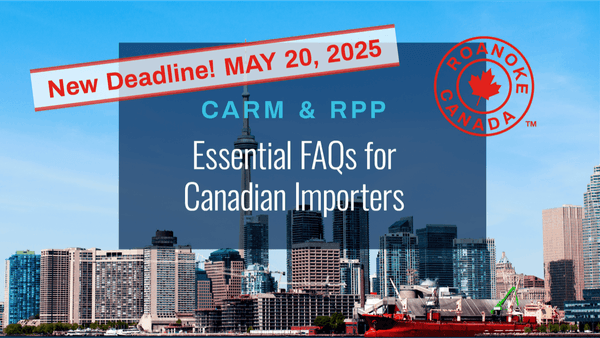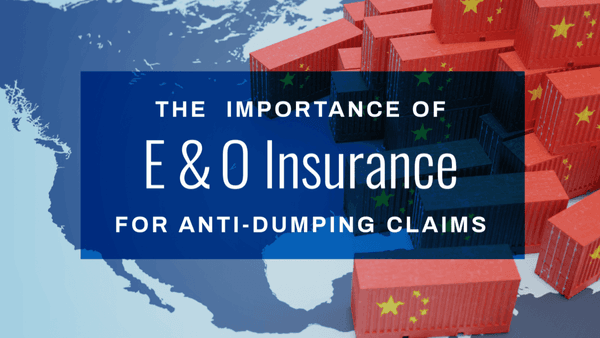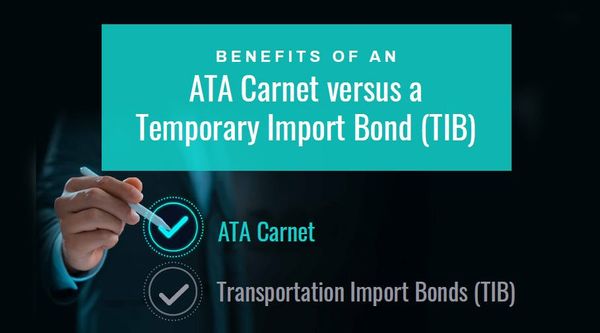Resource Center
How Do I Apply for a US Customs Bond?
How Do I Apply for a US Customs Bond?
When importing items for commercial use with a value of $2500.00 or more into the United States, a customs bond is required. This bond acts as a contract to guarantee U.S. Customs & Border Protection (CBP) will receive payment for all duties, taxes and additional fees. There are three parties to the bond: the principal (the importer or their business), the surety (the company issuing the bond), and the beneficiary (the CBP).
To apply for a customs bond, there are two other important parties to the process: the customs broker and the surety agent.
When it comes to obtaining a customs bond there are several steps to consider, but the most important is to find a trusted agent for a bond surety who is licensed by the U.S. Treasury department. And the best way to build relationship with a surety agent is through a licensed customs broker. The skilled customs broker will help you with the process of applying for a customs bond and will ensure that you apply for the right activity code and bond type.
The Two Types of Import Bonds
When you start working with a customs broker and surety agent, you will have to establish what type of customs import bond you need. There are two major types:
- A Single Transaction Bond can be used one time to cover one customs transaction.
- A Continuous Bond is a self-renewing bond that covers all customs import transactions through any port of entry and includes ISF filing bond requirements where applicable.
If you have a high volume of imports or plan to have your commercial goods entered through different port locations over the course of a 12-month period, then a self-renewing continuous bond is most likely the right solution. The bond amount for a continuous bond is calculated at 10% of the taxes, duties, and fees that you estimate will be owed to U.S. Customs on imports planned for the 12 months after the bond takes effect. The minimum amount the continuous bond can be issued for is $50,000. Your customs broker will assist you in determining the correct bond amount.
How to Apply for a US Customs Bond
The application process for a US Customs bond is not difficult and requires access to the following pertinent information:
- Company Name
- Tax ID Number as one of:
- Employer Identification Number (EIN)
- Social Security Number
- Customs Assigned Number
- Business type
- Business addres
- Years of operation
- Location of imported goods
- Description of import
- Value of imports
More than likely, the customs brokerage you work with will have you grant it power of attorney. This allows them to file the bond through the surety agent on behalf of you and your company.
After the bond application is submitted and approved by the U.S. Customs & Border Protection (CBP), you will then be responsible for paying bond premium as part of your contractual obligations as the bond principal.
Related Content You Might Have Interest In
- How Do Import Bonds Work?
- When Will a Customs Bond Renew?
- Customs Bonds Explained
















